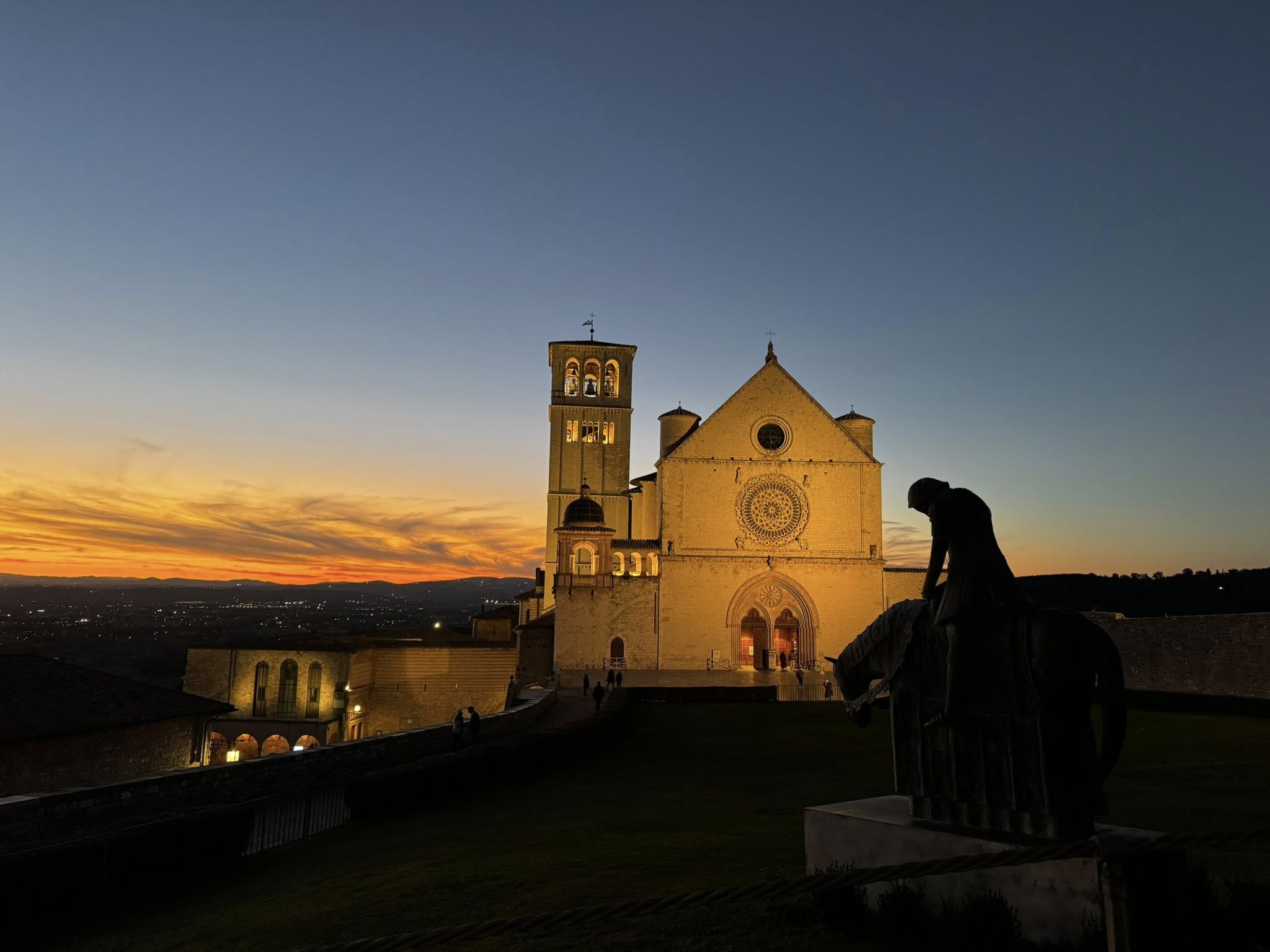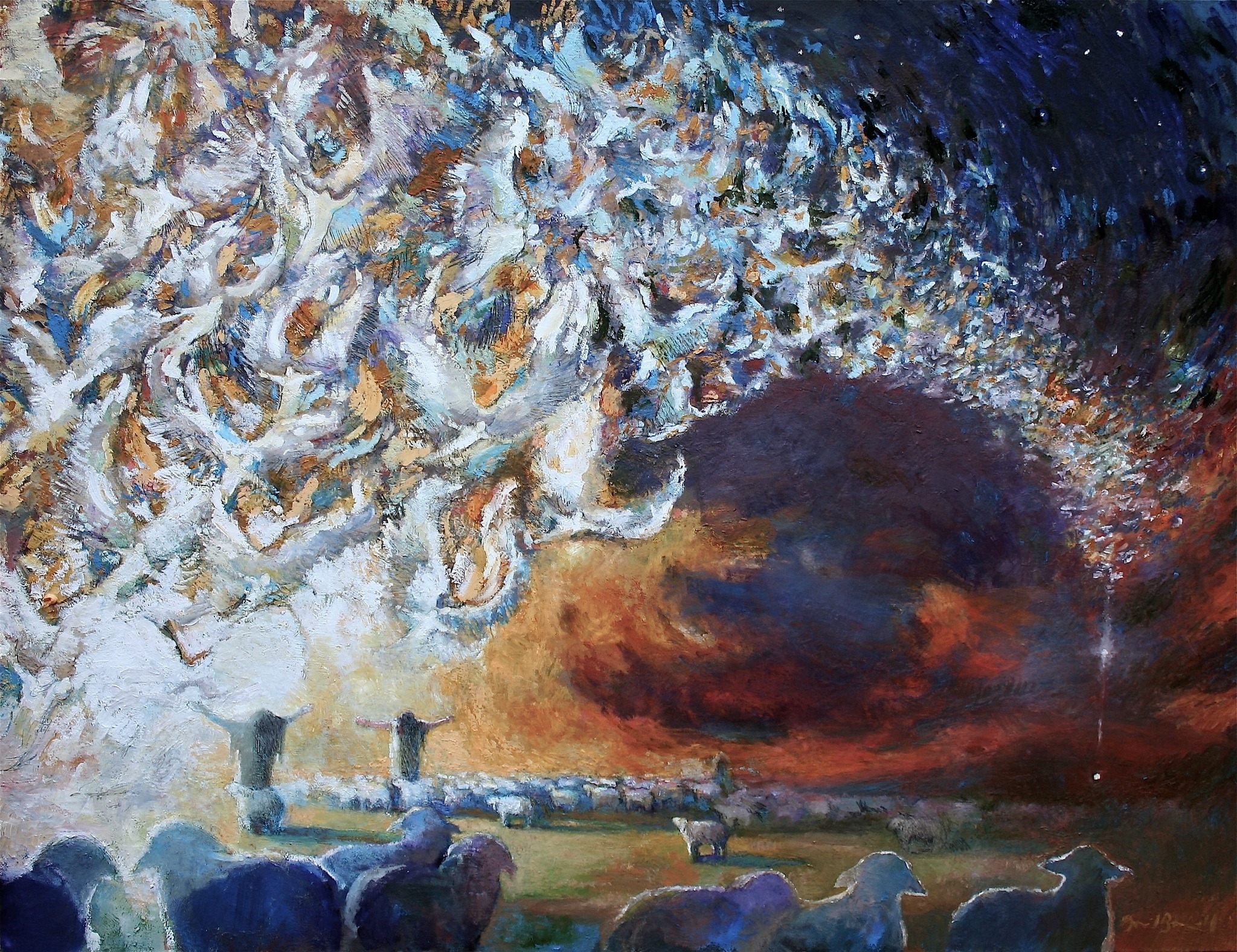Rev José Mario O Mandía
jmom.honlam.org
For many people, “freedom” means the absence of fetters, like when someone is released from jail and is set free. We can call this a physical or external kind of freedom.
Another meaning of freedom that many have is being able to do what one pleases or what one feels like doing. This definition, however, immediately encounters problems in real life, because there are many things that we would like to do which we cannot do simply because of our human limitations. We may want to fly like the birds or swim like fishes, but we do not have the capacity to do it. We may want to sing like Pavaroti, but nature may not have endowed us with that gift. If freedom were to be defined as doing what one pleases, then that freedom does not exist.
What, then, is the Christian concept of freedom? Let us quote three points of the CCC.
“God created man a rational being, conferring on him the dignity of a person who can initiate and control his own actions. ‘God willed that man should be “left in the hand of his own counsel,” so that he might of his own accord seek his Creator and freely attain his full and blessed perfection by cleaving to him’ (Gaudium et Spes 17; Sirach 15:14). ‘Man is rational and therefore like God; he is created with free will and is master over his acts’ (St Irenaeus, Adv. haeres. 4,4,3)” (CCC 1730).
“Freedom is the power, rooted in reason and will, to act or not to act, to do this or that, and so to perform deliberate actions on one’s own responsibility. By free will one shapes one’s own life. Human freedom is a force for growth and maturity in truth and goodness; it attains its perfection when directed toward God, our beatitude” (CCC 1731).
“‘Man’s dignity therefore requires him to act out of conscious and free choice, as moved and drawn in a personal way from within, and not by blind impulses in himself or by mere external constraint. Man gains such dignity when, ridding himself of all slavery to the passions, he presses forward to his goal by freely choosing what is good and, by his diligence and skill, effectively secures for himself the means suited to this end’ (GS 17)” (CCC 2339)
Let us take this definition apart and examine it.
It is ROOTED IN REASON AND WILL. The exercise of freedom requires awareness, knowledge, and reason. Freedom is the power to make INFORMED AND INTELLIGENT choices. How can I make a choice if I don’t KNOW what the options are? Making a free choice means knowing what choices are possible, and what consequences follow from those choices. If I know only a little about each choice, I may hesitate in my choice. I may even defer my decision. The more I know about each choice, the more firm my decision is, the more free my act of choosing.
It is the power TO ACT OR NOT TO ACT. This is called FREEDOM OF EXERCISE.
Moreover, it is the power TO DO THIS OR THAT, that is, once I have decided to act, I can choose the various courses of action to obtain the goal of the action. This is called FREEDOM OF SPECIFICATION.
Having the power to act or not to act, and to do this or that, implies that I have previously THOUGHT ABOUT the different options open to me.
Since I am not impelled to act or not to act, or to do this or that, acting or not acting depends on me. The decision is MINE. I take PERSONAL RESPONSIBILITY for the action.
Through freedom, a person OWNS his actions. And just like our ownership of things leads us to look after those things and be RESPONSIBLE for them, ownership of our actions also leads us to take responsibility for them. If they are good, we deserve praise, and if bad, blame.Through freedom, we SHAPE OUR OWN LIFE. “We are in a sense our own parents, and we give birth to ourselves by our own free choice of what is good” (St Gregory of Nyssa, Sermon on Ecclesiastes). (Photo: mnega16 at Pixabay)


 Follow
Follow

